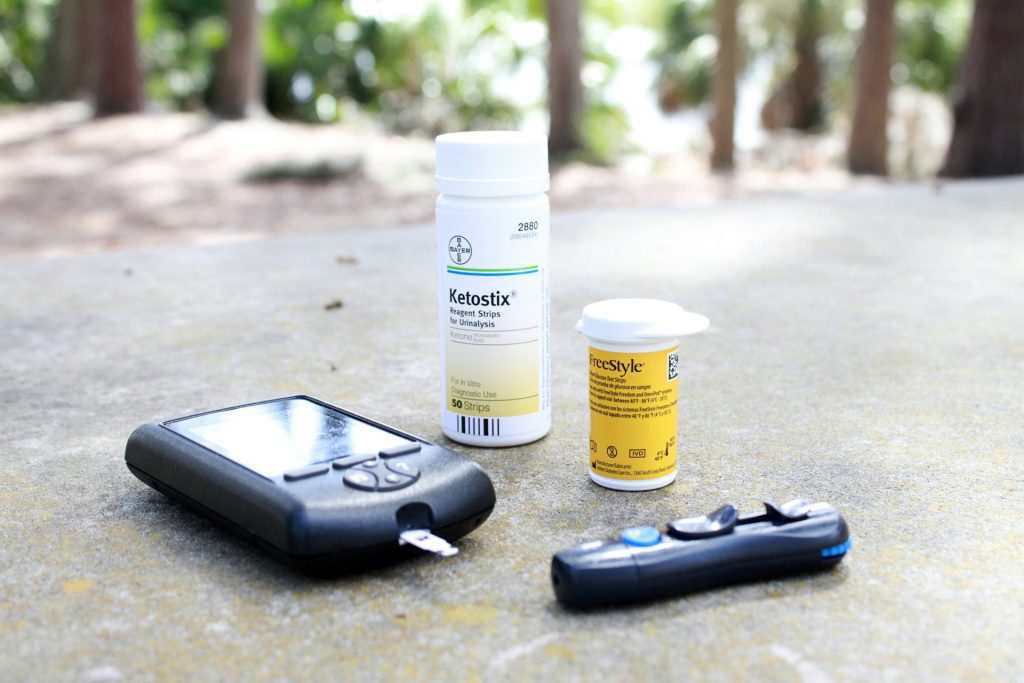Type 2 diabetes, the most common form of the disease, is a serious health concern that often stems from lifestyle factors. Taking proactive steps to prevent diabetes becomes crucial, particularly if you are at an increased risk due to factors such as excess weight, high cholesterol, or a family history of the disease. Whether you’re looking to avoid diabetes or have been diagnosed with prediabetes, where blood sugar is elevated but not at diabetic levels, these five tips can help you take control of your health and potentially sidestep the complications associated with diabetes.

1. Lose Extra Weight
Weight loss emerges as a potent tool in diabetes prevention. A large study revealed a nearly 60% risk reduction for diabetes in individuals shedding around 7% of their body weight through lifestyle modifications. For those with prediabetes, the American Diabetes Association recommends a weight loss target of 7% to 10% to stave off disease progression. Collaborate with your healthcare provider to set realistic short-term weight loss goals, ensuring a steady and sustainable approach.
2. Embrace Physical Activity
Regular physical activity not only aids in weight loss but also provides a multitude of benefits for diabetes prevention. Exercise can help lower blood sugar, enhance insulin sensitivity, and contribute to overall well-being. Incorporate the following into your routine:
- Aerobic Exercise: Aim for 30 minutes or more of moderate to vigorous activities like brisk walking, swimming, or biking most days, totaling at least 150 minutes per week.
- Resistance Exercise: Engage in strength-building exercises like weightlifting or yoga 2 to 3 times weekly for improved strength, balance, and an active lifestyle.
- Limited Inactivity: Combat prolonged periods of inactivity, as frequent breaks from sedentary tasks help control blood sugar levels.
3. Opt for Healthy Plant Foods
Plant-based foods contribute essential nutrients to your diet and play a pivotal role in diabetes prevention. Opt for a diverse range of healthy, fiber-rich foods, including:
- Fruits: Such as tomatoes, peppers, and tree fruits.
- Nonstarchy Vegetables: Embrace leafy greens, broccoli, and cauliflower.
- Legumes: Incorporate beans, chickpeas, and lentils for added fiber.
- Whole Grains: Choose options like whole-wheat pasta, bread, brown rice, oats, and quinoa.
Fiber-rich foods offer numerous benefits, from slowing sugar absorption to managing heart health. Steer clear of “bad carbohydrates” found in sugary, low-fiber foods like white bread and pastries.

4. Embrace Healthy Fats
While moderation is key, incorporating unsaturated fats, known as “good fats,” into your diet promotes heart health and helps manage cholesterol levels. Include sources like:
- Oils: Olive, sunflower, safflower, cottonseed, and canola oils.
- Nuts and Seeds: Almonds, peanuts, flaxseed, and pumpkin seeds.
- Fatty Fish: Such as salmon, mackerel, sardines, tuna, and cod.
Limit saturated fats found in dairy and meats, emphasizing a balanced and diverse diet.
5. Ditch Fad Diets for Sustainable Choices
While fad diets may yield short-term results, their long-term effectiveness in preventing diabetes remains uncertain. Focus on sustainable dietary choices that align with your preferences and traditions. A simple yet effective strategy involves dividing your plate:
- One-Half: Fruit and nonstarchy vegetables.
- One-Quarter: Whole grains.
- One-Quarter: Protein-rich foods like legumes, fish, or lean meats.
This balanced approach encourages healthy eating and appropriate portion sizes.

When to Consult Your Doctor
Routine screening for type 2 diabetes is recommended for adults aged 45 or older. However, certain groups, including those under 45 with risk factors, women with a history of gestational diabetes, individuals diagnosed with prediabetes, and overweight or obese children with a family history, may require earlier assessments. Share your concerns about diabetes prevention with your doctor, fostering open communication and personalized guidance based on your medical history and specific risk factors. Taking control of your health is a lifelong journey, and your doctor can be a valuable ally in this pursuit.





